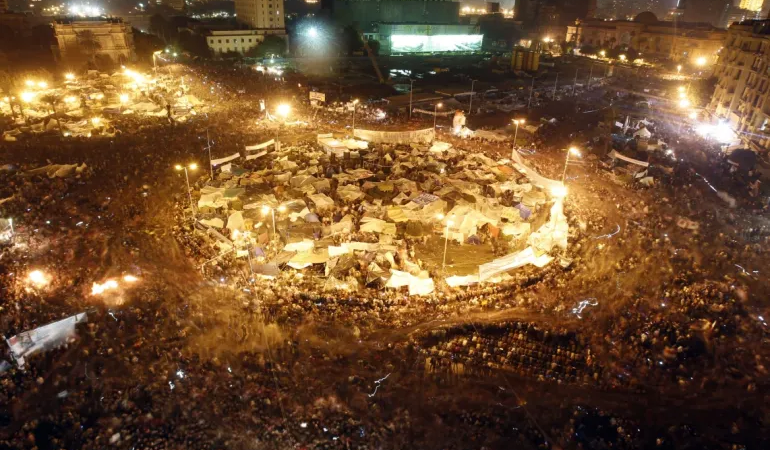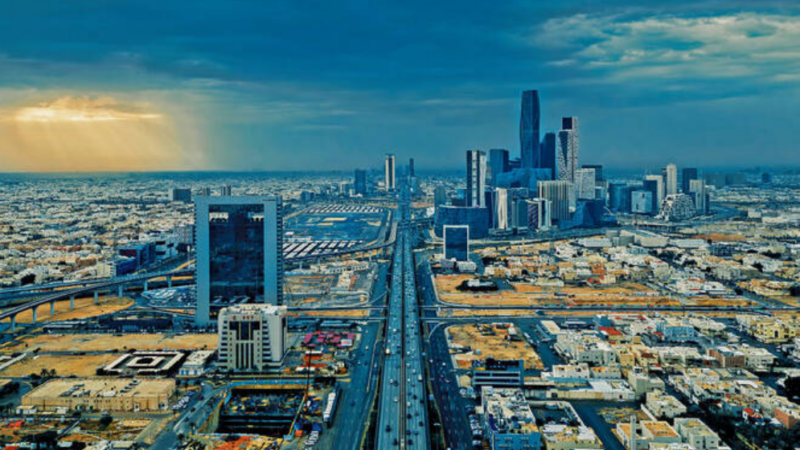From Arab World to Europe: How World Powers Reacted to US Strikes on Iran
The US airstrike on Iran late last night has sent shockwaves around the globe, fuelling fears that the long-brewing Israel-Tehran conflict could give way to an all-out regional war in the already volatile Middle East. The surprise American intervention came just days after President Donald Trump suggested that he may enter the war within two weeks.
Though the scope of damage from the American attack on Tehran is still being ascertained, Iran has threatened retaliation, with foreign minister Abbas Araghchi telling media in Istanbul on Sunday that while the “door to diplomacy” should always be open, “this is not the case right now,” The Associated Press reported.
Governments around the world, meanwhile, have expressed alarm while making appeals for diplomacy as a way forward. From the Arab World to Asian countries to Europe, the UK and Oceania, here’s how global leaders have reacted to the US strikes on Iran:
Iraq Warns of Regional Instability
Iraq, which has seemingly complicated relations with both the US and Iran, was the first to denounce the American attacks. The government of Iraq termed the military escalation a “serious threat to peace and security in the Middle East.”
“The continuation of such attacks poses the threat of dangerous escalation with repercussions beyond the borders of any individual state, endangering the security of the entire region and the world at large,” AP quoted Government official Bassem al-Awadi as saying.
Iraq is also known to host Iranian-aligned militias, though such members have so far avoided involvement in the conflict between Israel and Iran.
Saudi Arabia Calls for Restraint
Saudi Arabia said it was “deeply concerned” about the US attacks, although the kingdom avoided outright criticism, with its foreign ministry stressing “the necessity to make every effort to exercise restraint, reduce tensions, and prevent further escalation.”
Saudi Arabia had, on an earlier occasion, criticised Israel’s bombing of Iranian nuclear facilities.
Qatar, Oman and Lebanon urge Diplomacy
Qatar, one of the mediators in the current war between Israel and Hamas, expressed remorse over the escalating tensions, with the country’s foreign ministry calling upon all sides to “exercise self-restraint and refrain from escalation”, as reported by the AP.
Oman, a participant in previous nuclear negotiations between the US and Iran, denounced the attacks, warning that they “risk widening the conflict’s scope and represent a grave disrespect for international law and the United Nations charter.
Lebanese President Joseph Aoun repeated the call for peace, underlining the heavy costs Lebanon has already borne for wars. “It is not willing to pay more,” he wrote in a post on X (formerly Twitter), “and there is no national interest in doing so, particularly as the price of these wars was and will be higher than its capacity to sustain.”
Lebanese Prime Minister Nawaf Salam highlighted the need to keep Lebanon out of the conflict, reportedly saying, “It is increasingly important for us to adhere strictly to the supreme national interest, which is the need to avoid Lebanon being. drawn into the ongoing regional confrontation in any way.”
Europe and the UN Advocate for Restraint
European Union foreign affairs chief Kaja Kallas called on all parties to take a step back and go back to diplomacy. “I call on all parties to take a step back, get back to the negotiating table and avoid further escalation,” she posted on social media.
Italy’s Foreign Minister Antonio Tajani said he hoped the US attacks would be followed by negotiations as he expressed intent to speak with the International Atomic Energy Agency to evaluate security threats.
United Nations Secretary-General Antonio Guterres warned of the risk of escalation, reportedly saying, “There is an increased risk that this war will get out of hand in a short period of time—with disastrous effects for civilians, the region, and the world. I urge Member States to de-escalate.”
UK, New Zealand and Asia Urge Diplomacy and Safety
British Prime Minister Keir Starmer highlighted the threat of Iran’s nuclear program, saying, “Iran can never be allowed to develop a nuclear weapon and the US has taken action to alleviate that threat.” Still, he stressed diplomacy as the path forward.
New Zealand’s Foreign Minister Winston Peters described the crisis as “the most serious I’ve ever dealt with,” urging all parties to return to talks and avoid further military action, per AP.
South Korea held emergency sessions in Asia to “analyse the effect of the conflict”, with meetings focussed on the safety of citizens.
Japan’s Prime Minister Shigeru Ishiba urged the de-escalation of tensions, as he stressed on the necessity of blocking Iran’s nuclear ambitions. Ishiba said officials are making efforts to secure Japanese citizens in the region.
Pro-Iranian Groups and China Respond
Yemen’s Houthi rebels and Palestinian armed group Hamas criticised the US attacks, offering to support Iran’s struggle against “Zionist and American aggression.” The groups are affiliated to Iran’s so-called “Axis of Resistance,” a network that reportedly runs from Yemen through Lebanon.
China’s state-controlled media claimed that the US was “repeating its Iraq blunder in Iran.” “History has repeatedly proven that the use of military force in the Middle East tends to have unforeseen consequences, such as long-term conflicts and destabilisation of the region,” AP reported, citing a recent CGTN commentary.
Australia Calls for Dialogue Amid Volatility
Australia, which recently withdrew its embassy in Tehran, urged diplomacy to stop the war. “We have been consistent in stating that Iran’s ballistic missile and nuclear program has been a threat to international peace and security. We continue to call for de-escalation, dialogue and diplomacy,” a government official told the US-based media agency.






